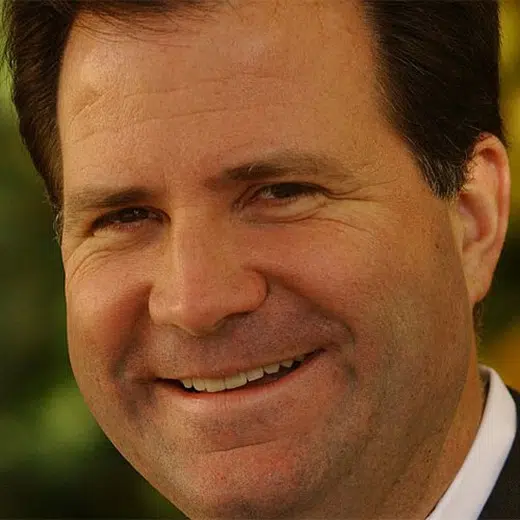By Kate Abnett
BRUSSELS (Reuters) – The majority of people in European cities live among health-damaging levels of air pollution, despite improvements over the last two decades and a lockdown-induced decrease last year, the European Environment Agency said on Tuesday.
Air pollution is Europe’s biggest environmental health risk, with fine particulate matter causing 307,000 premature deaths in the European Union in 2019 – although that was about 33% fewer deaths than in 2005 – according to the EEA.
Around 97% of the EU’s urban population was exposed to fine particulate matter levels above World Health Organization guidelines in 2019, while 94% faced WHO-breaching levels of nitrogen dioxide, the EEA said in a report.
Exposure to air pollution is associated with lung cancer, cardiovascular disease and asthma.
Provisional data for 2020, which has not been fully validated, suggested some improvements. The EEA said that was likely due to weather conditions and COVID-19 lockdowns, which temporarily curbed polluting industrial activity and traffic.
Across the EU’s 27 member states and other European countries including Turkey and Kosovo, 95% of air quality monitoring stations registered concentrations of fine particulate matter above WHO guidelines in 2019, falling to 92% in 2020.
For nitrogen dioxide, 79% registered concentrations above the WHO guidelines in 2019, dropping to 71% last year.
Fine particular matter is produced from sources including traffic, industry, and in central and eastern Europe is associated with burning solid fuels for home heating. Bosnia, Turkey, Poland and Bulgaria were among the countries with the highest levels.
Hotspots of NO2 pollution, which is mostly from road transport, include Germany and Luxembourg.
The report highlighted the gulf between the WHO’s limits – which it tightened this year after reviewing scientific evidence on how air pollution harms health – and the EU’s own air quality limits, which are far looser.
Only 1% of air quality monitoring stations registered either fine particulate matter or NO2 levels above the EU limits last year.
The EU has said it will revise its air quality standards next year, to better align them with the WHO.
(Reporting by Kate Abnett; Editing by Alison Williams)






